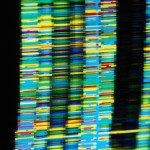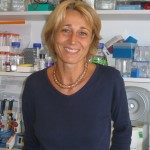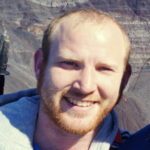Link to Pubmed [PMID] – 31068361
EMBO J. 2019 May;
Several autoimmune diseases including multiple sclerosis (MS) cause increased transcription of endogenous retroviruses (HERVs) normally repressed by heterochromatin. In parallel, HERV-derived sequences were reported to drive gene expression. Here, we have examined a possible link between promoter and enhancer divergent transcription and the production of HERV transcripts. We find that HERV-derived sequences are in general counter-selected at regulatory regions, a counter-selection that is strongest in brain tissues while very moderate in stem cells. By exposing T cells to the pesticide dieldrin, we further found that a series of HERV-driven enhancers otherwise active only at stem cell stages can be reactivated by stress. This in part relies on peptidylarginine deiminase activity, possibly participating in the reawakening of silenced enhancers. Likewise, usage of HERV-driven enhancers was increased in myelin-reactive T cells from patients with MS, correlating with activation of nearby genes at several sites. Altogether, we propose that HERV-driven enhancers constitute a reservoir of auxiliary enhancers transiently induced by stress while chronically active in diseases like MS.



